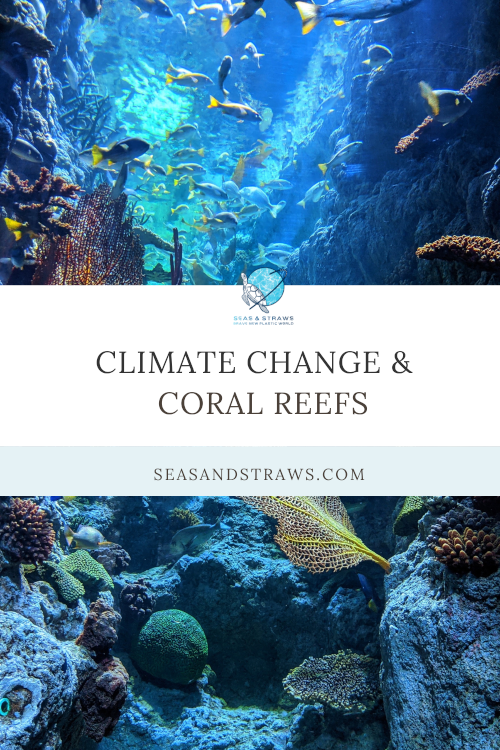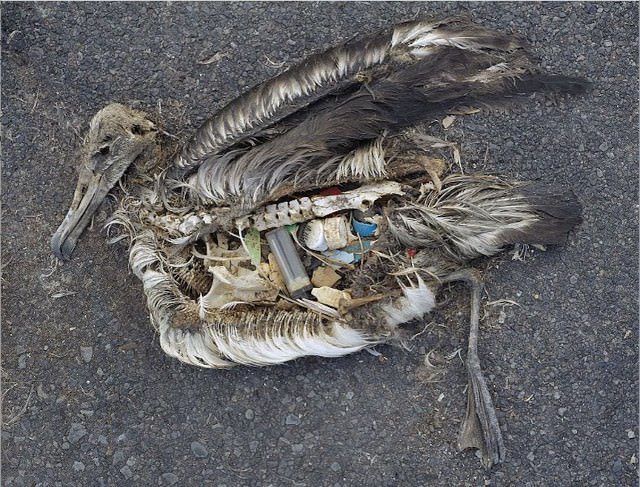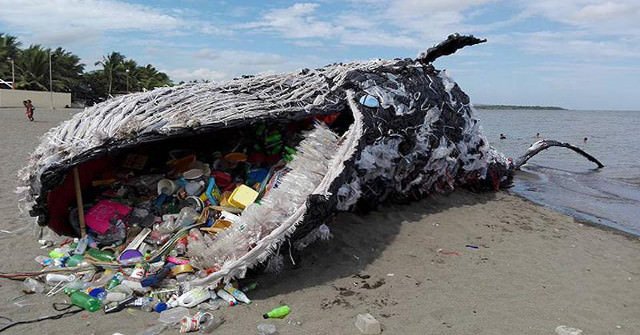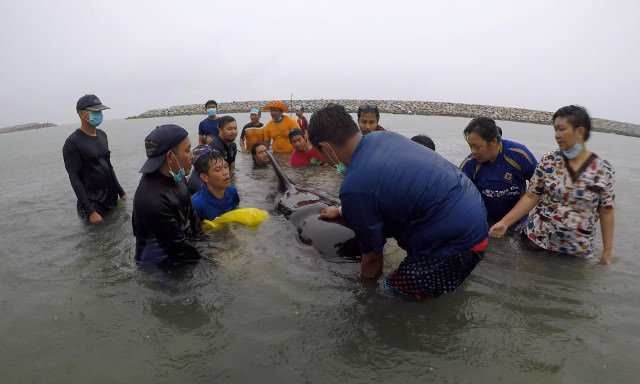- Home
- Ocean Pollution
- Climate Change and Coral Reefs
Climate Change and Coral Reefs
Coral reefs are one of the most biodiverse and productive ecosystems in the world, providing habitat for a vast array of marine species, protecting coastlines from erosion and storms, and supporting the livelihoods of millions of people around the globe. However, these valuable ecosystems are under threat from a range of environmental stressors, including climate change.
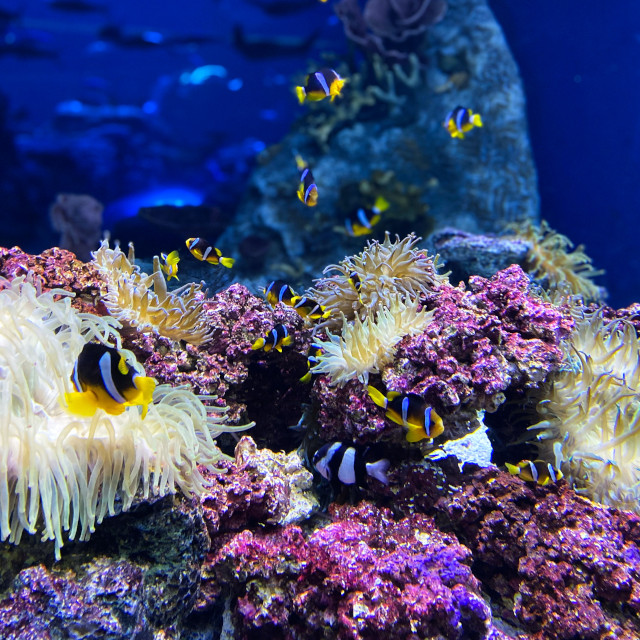 Coral reefs are one of the most biodiverse ecosystems in the world.
Coral reefs are one of the most biodiverse ecosystems in the world.Climate Sources of Coral Reef Damage
Climate change is having a profound impact on coral reefs, with rising temperatures, ocean acidification, and sea level rise posing significant threats to their survival. Coral reefs are highly sensitive to changes in their environment, and even slight alterations in temperature and chemistry can have a significant impact on their health and productivity.
One of the most significant impacts of climate change on coral reefs is ocean warming. As the world's oceans warm, corals are experiencing more frequent and severe episodes of bleaching, a process in which corals expel the symbiotic algae that give them their vibrant colors and provide them with food. Without these algae, corals become weak and vulnerable to disease, and can eventually die.
Bleaching events have become more frequent and severe in recent years, with some of the most severe events occurring in 2016 and 2017. These events have led to widespread coral mortality, with some areas experiencing losses of up to 90% of their coral cover.
Ocean acidification is another major threat to coral reefs. As the concentration of carbon dioxide in the atmosphere increases, more CO2 is absorbed by the oceans, causing them to become more acidic. This increased acidity can inhibit the ability of corals to build their calcium carbonate skeletons, which are essential for their growth and survival.
In addition to ocean warming and acidification, sea level rise is also a significant threat to coral reefs. As sea levels rise, coral reefs may become inundated and unable to grow, leading to the loss of habitat and increased erosion of coastlines.
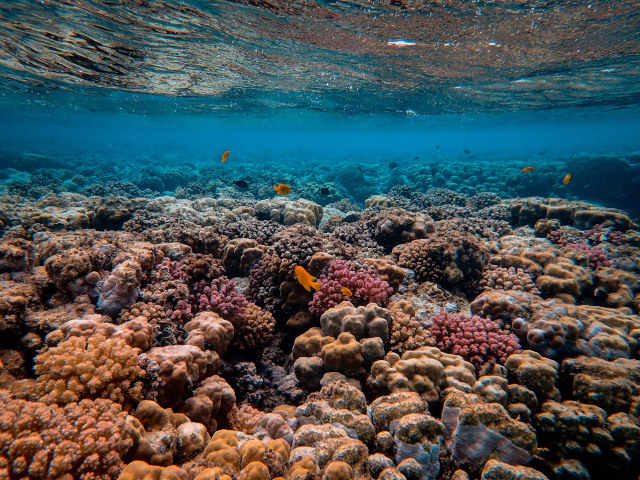 Coral reefs are highly sensitive to changes in their environment.
Coral reefs are highly sensitive to changes in their environment.Impact of the dying coral reefs
The impacts of climate change on coral reefs have far-reaching consequences for both the marine environment and the people who depend on these ecosystems for their livelihoods. Coral reefs provide important ecosystem services, including fisheries, tourism, and shoreline protection, which are critical to the economies of many countries.
In addition, coral reefs are home to a vast array of marine species, many of which are important for food and medicine. The loss of these ecosystems could have significant implications for human health and well-being.
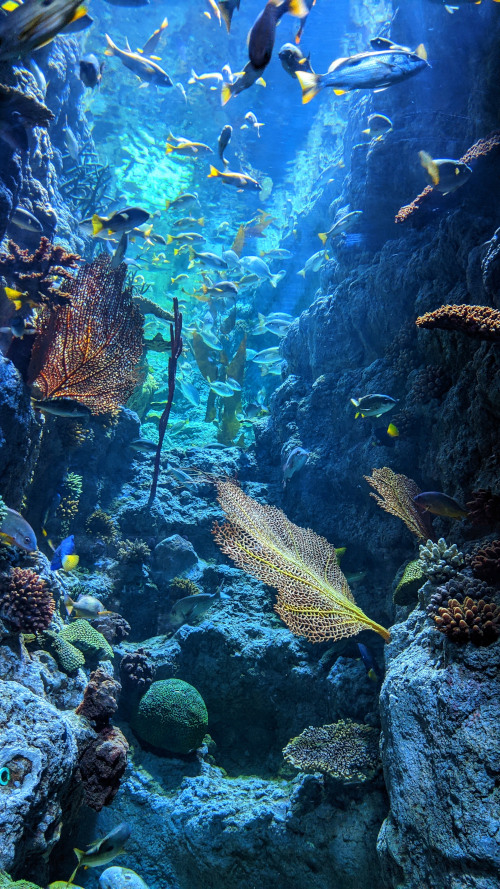 Coral reefs are home to a vast array of marine species.
Coral reefs are home to a vast array of marine species.What can we do to save the reefs?
To address the impacts of climate change on coral reefs, it is essential that we take action to reduce greenhouse gas emissions and limit global warming. This will require a concerted effort from governments, businesses, and individuals around the world to transition to renewable energy, reduce energy consumption, and increase the efficiency of our economies.
In addition, we need to take steps to protect and restore coral reefs, including reducing pollution and overfishing, and promoting the use of sustainable fishing practices. We also need to invest in research and monitoring to better understand the impacts of climate change on these ecosystems and develop strategies to mitigate their effects.
The impacts of climate change on coral reefs are significant and far-reaching, with potentially catastrophic consequences for both the marine environment and the people who depend on these ecosystems. It is essential that we take action now to reduce greenhouse gas emissions and protect these valuable ecosystems before it's too late.
